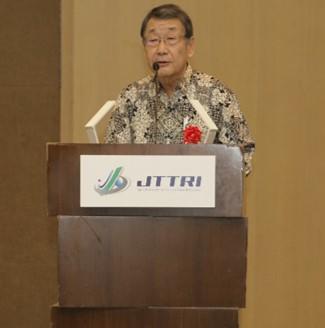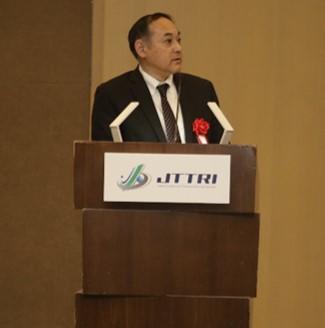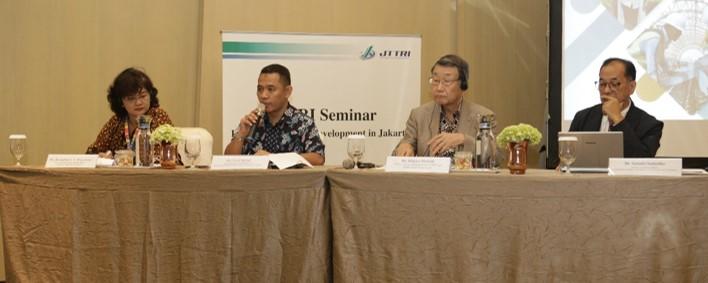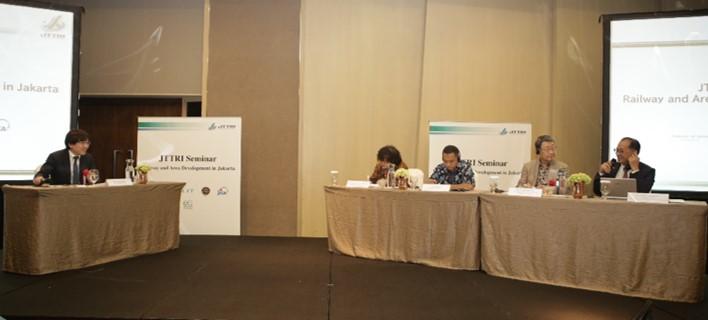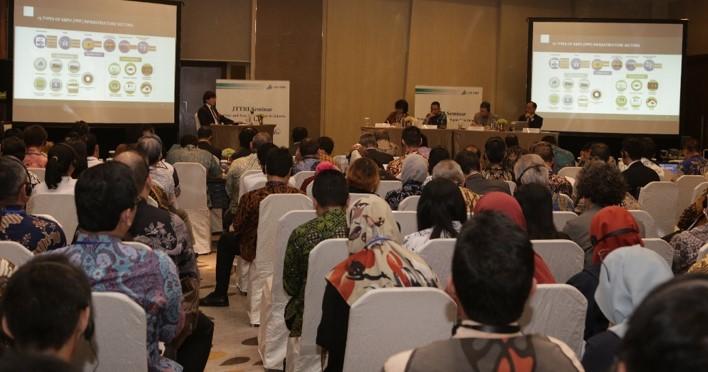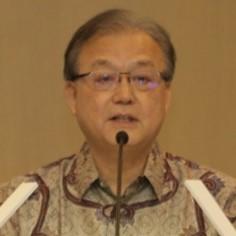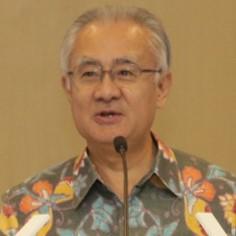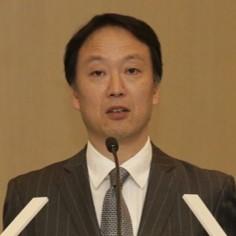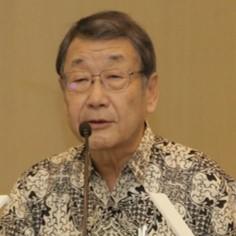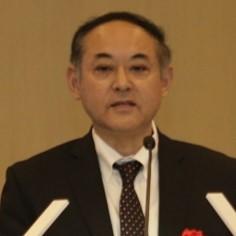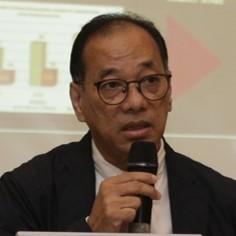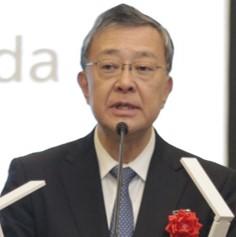JTTRI International Seminar on Railway and Area Development in Jakarta
- International Activities
- Railways and Railway and Area Development
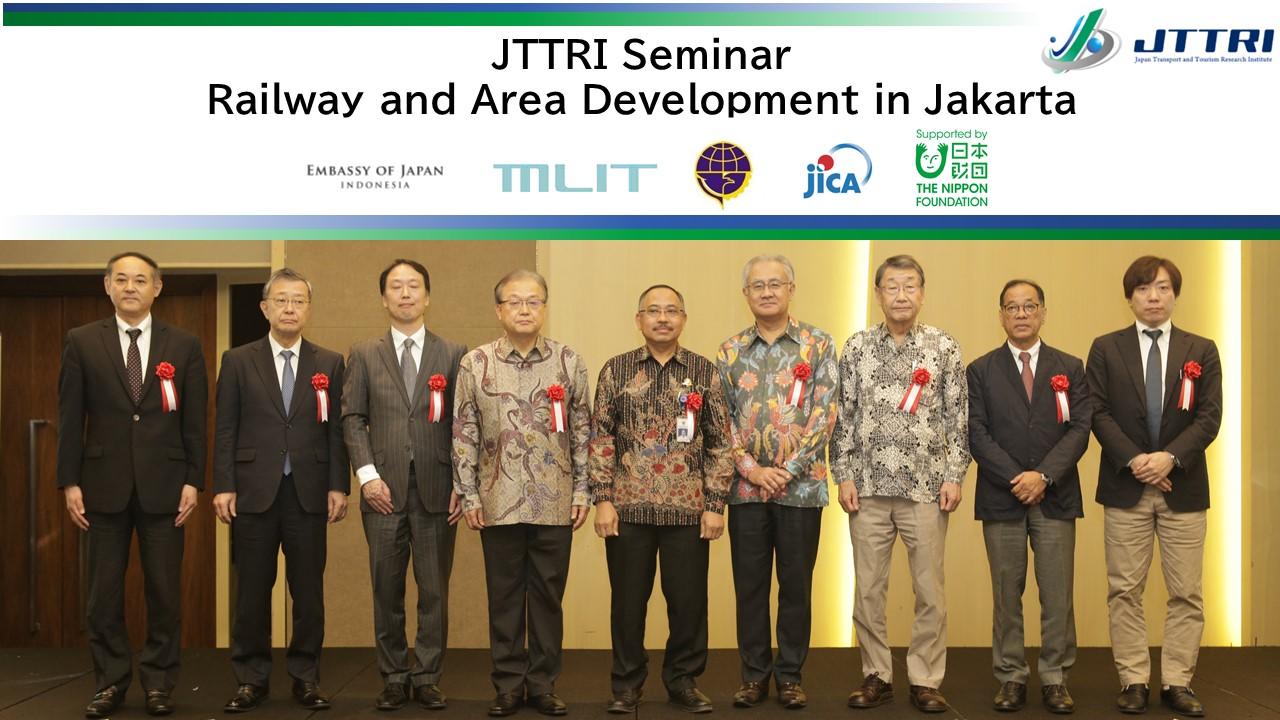

| Organizer | Japan Transport and Tourism Research Institute (JTTRI) |
|---|---|
| Sponsorship | Ministry of Land, Infrastructure,Transport and Tourism (MLIT-Japan) Embassy of Japan in Indonesia Ministry of Transportation Republic of Indonesia Japan International Cooperation Agency (JICA) |
| Date / Time | Fri, Feb 14,2020 8:30~11:30 |
| Venue | Grand on Thamrin 1, 1 st Fl, PULLMAN JAKARTA INDONESIA (Jakarta) |
| Theme | Railway and Area Development in Jakarta |
| Lecturer | Opening Remarks: Masafumi Shukuri, Chairman, Japan Transport and Tourism Research Institute (JTTRI) Honorable Guest Remarks: Heru Wisnu Wibowo, M.Sc., Director of Railways Infrastructure, Directorate General of Railways, Ministry of Transportation, Indonesia Masafumi Ishii, Ambassador Extraordinary and Plenipotentiary of Japan to the Indonesia Yasaburo Hikasa, Assistant Vice-Minister, Minister's Secretariat, MLIT, Japan Keynote Speech: Shigeru Morichi, Director of Policy Research Center, National Graduate Institute for Policy Studies (GRIPS) JTTRI Advisor for Research Presentation: Masai Muto, Senior Research Fellow, Japan Transport and Tourism Research Institute (JTTRI) Panel Discussion: Moderator: Naohiko Hibino, Associate Professor, National Graduate Institute for Policy Studies(GRIPS) Panelists: Arief Anwar, Head of Planning and Cooperation Division, Research and Development Agency, Ministry of Transportation, Indonesia Bernadette E. S. Mayashanti, Head of Planning Division, Planning Bureau, Ministry of Transportation, Indonesia Shigeru Morichi, Director of Policy Research Center, GRIPS JTTRI Advisor for Research Sutanto SOEHODHO, Professor, University of Indonesia Former Deputy Governor of DKI Jakarta for Trade, Industry and Transportation Closing Remarks: Tetsuya Okuda, Executive Director,Japan Transport and Tourism Research Institute (JTTRI) |
Event Summary
In metropolises in ASEAN countries which are confronted with various problems such as road congestion and environmental pollution, railway development projects have been moving forward. In Jakarta, the Jakarta MRT subway North-South Line began servicing in March 2019, projects of the North-South Line extension and East-West Line are also moving forward. For the sustainable railway development, it is effective to comprehensively consider railway development and development of areas along the railways, and Japan has much knowledge and experience of such railway development and railway area development.
In this seminar, followed by greetings from the Chairman of JTTRI, Masafumi Shukuri, Ir. Heru Wisnu Wibowo, Director of Railways Infrastructure, Directorate General of Railways, Ministry of Transportation, Indonesia, H.E. Masafumi Ishii, Ambassador Extraordinary and Plenipotentiary of Japan to the Indonesia, Mr. Yasaburo Hikasa, Assistant Vice-Minister, Minister's Secretariat, MLIT, Japan gave guest greetings.
In the first half, Professor Shigeru Morichi, Director of Policy Research Center, National Graduate Institute for Policy Studies (GRIPS), gave a keynote speech, and Dr. Masai Muto, Senior Research Fellow reported on his research.
In the second half, a panel discussion was held, with Mr. Arief Anwar, Head of Planning and Cooperation Division, Research and Development Agency, Ministry of Transportation, Indonesia; Ms. Bernadette E. S. Mayashanti, Head of Planning Division, Planning Bureau, Ministry of Transportation, Indonesia; Dr. Sutanto Soehodho, Professor, University of Indonesia, Former Deputy Governor of DKI Jakarta for Trade, Industry and Transportation; Professor Shigeru Morichi, as panelists, and Dr. Naohiko Hibino, Associate Professor of National Graduate Institute for Policy Studies, as a moderator. They discussed issues and prospects for the railway and area development in Jakarta.
Program of the seminar is as the following
| Opening Remarks | |
|---|---|
| Honorable Guest Remarks |
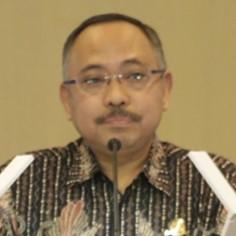
Heru Wisnu Wibowo, M.Sc. Remarks |
| Honorable Guest Remarks | |
| Honorable Guest Remarks | |
| Keynote Speech | |
| Presentation | |
|
Panel Discussion |
|
| Moderator |
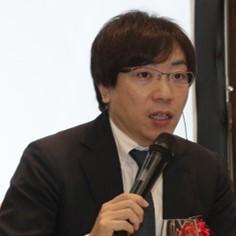
Naohiko Hibino |
| Panelists |
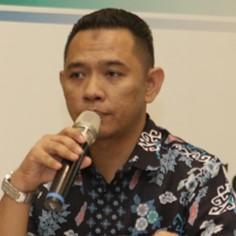
Arief Anwar |
| Panelists |
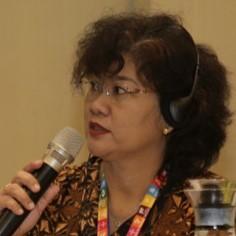
Bernadette E. S. Mayashanti |
| Panelists |

Shigeru Morichi |
| Panelists | |
| Closing Remarks |
Outline of the seminar
Professor Morichi explained why the TOD is necessary in the metropolises in Asia, the problem of incorporating the value capture into the financial resource of railway development, the importance of improving the accessibility to stations by creating the densely network of urban railway, what to learn from the failures of PPP implementation in Asian railway projects.
Next, Dr. Muto introduced good examples of railway and area development cooperation in Japan, the method of development-based land value capture in Japan and overseas for securing financial resources for railway development, and introduced the characteristics and functions of urban railways in the Tokyo Metropolitan area. Moreover, he reported issues on the railway development and the direction of TOD in Jakarta.
[Points from Keynote Speech by Professor Shigeru Morichi, Director of Policy Research Center, GRIPS]
・There are various types of value captures, such as taxes, bonds, fees, and urban redevelopment schemes, so the implementation of TOD has the
potential to increase the values.
・In ASEAN countries, development along railway lines has been limited. The reason is the weakness of the TOD system.
I’d like to recommend institutional reforms such as improvement of the urban planning system and a mechanism to form consensus with the residents.
[Points from Report by Dr. Masai Muto, Senior Research Fellow, JTTRI]
・In the TOD of Toukyu Den-en-toshi Line in Japan, residential area development along the railway line progressed, the number of railway passengers
increased, and the land prices also rose. Behind this is the facts that Japan was in a period of high economic growth, and the railway company strongly
promoted urban development plans through unified brand concepts.
・From the examples of land value capture such as beneficiary charge, the sale of air rights, etc., they have been proven to be an effective method to
raise funding for the investment during the early stage of railway development.
[Points from Panel Discussion]
Discussions were held on urban railway and area development in Jakarta, regarding the issues and prospects.
First, Ms. Bernadette explained the situation of population and economic growth in the metropolitan area of JABODETABEK, also explained the traffic congestion situation as a traffic problem, and reported that public transport capacity is not enough. Mr. Arief stated their role of R & D related to transportation, and explained the master plan of the metropolitan area of JABODETABEK such as the construction and extension of LRT and MRT, and issues related to land acquisition. Professor Sutanto explained the situation of motorization in this area and the mechanism of an availability payment as a financial solution of railway development. Based on these facts, Professor Morichi pointed out the importance to ensure that the master plan is implemented, and that the development of the station plaza and access roads to the stations will increase the passengers of railways and increase social benefits.
Next, they discussed the financial issues of urban railways, land acquisition, and specific issues related to TOD. Ms. Bernadette expressed concern that with the availability payment the burden would ultimately come down to the national budget, and Mr. Arief expressed concern that delays in land acquisition would delay the project itself. Professor Sutanto pointed out that TOD needs to provide benefits not only to developers but also to residents. Professor Morichi touched on how financial resources for railway development is procured in Japan, introducing examples of diverting gasoline taxes and prompting private sector investment in urban redevelopment by easing the floor area ratio, and advised that it would be better to have flexibly thinking, such as changing the legal system.
In response to questions from participants, discussions were held regarding the benefits of from developing MRT and transportation planning when relocating to the new capital. Moderator Associate Professor Hibino concluded the panel discussion with the words, "Many issues were presented during this seminar, but we would like to discuss further for the success of TOD."
